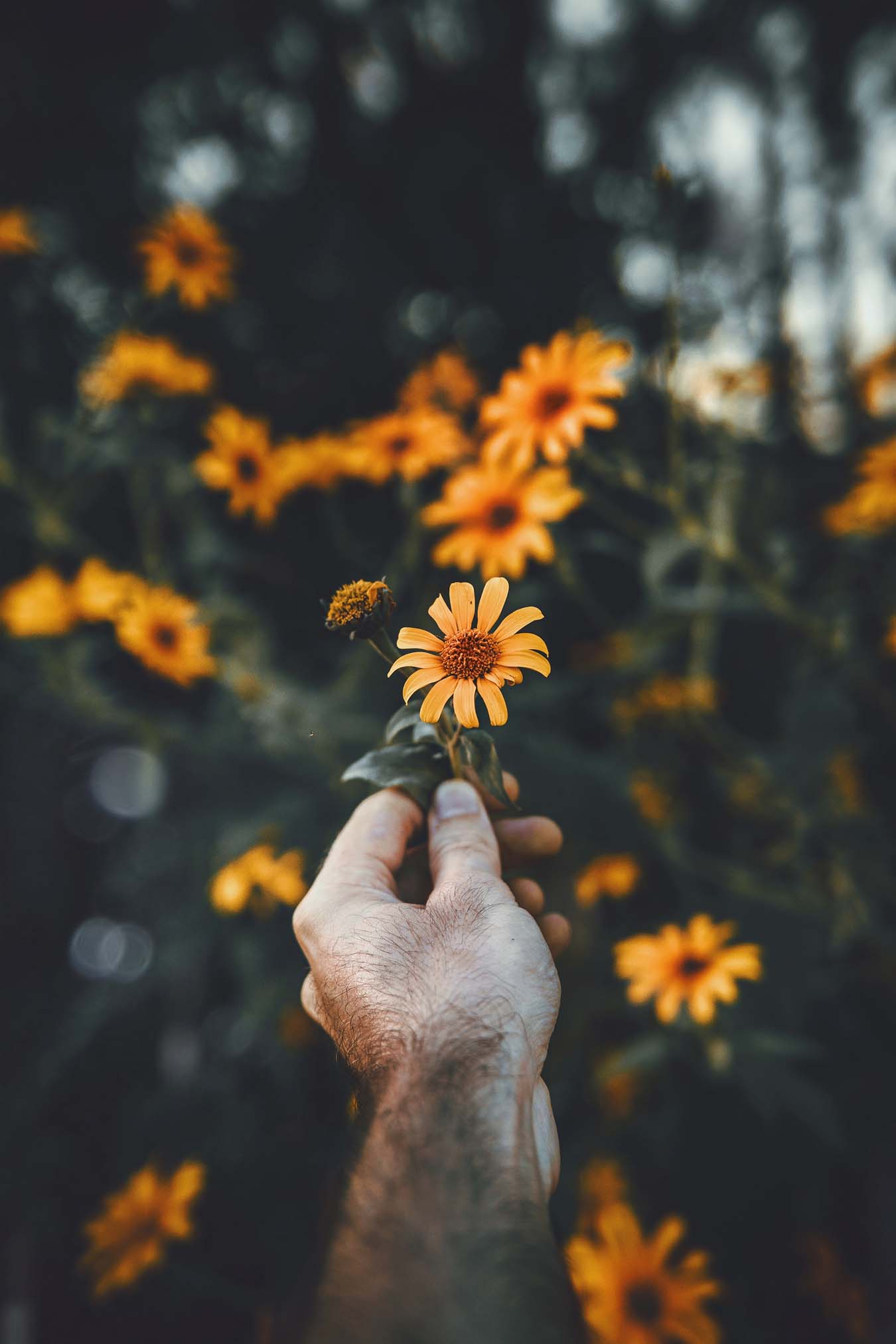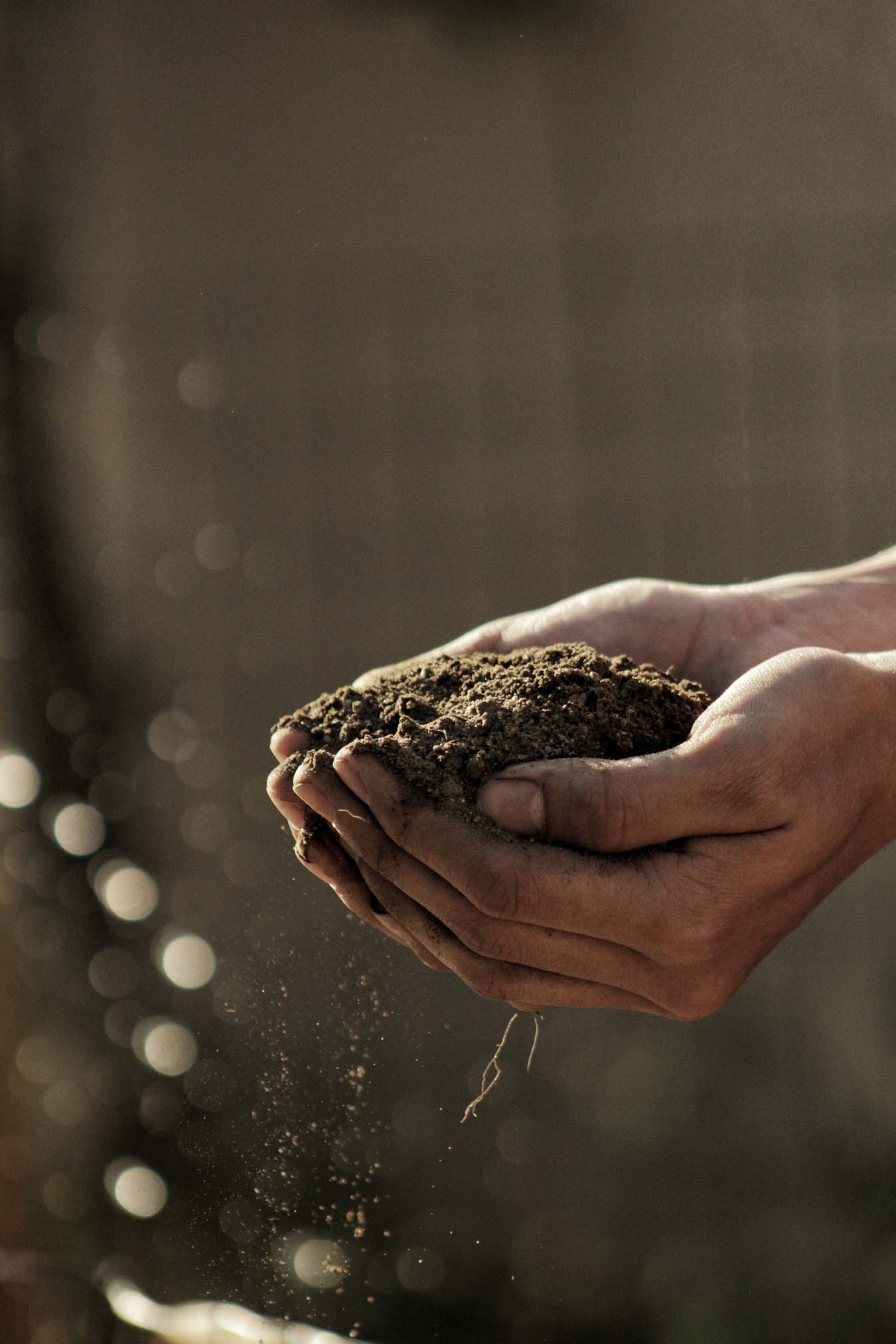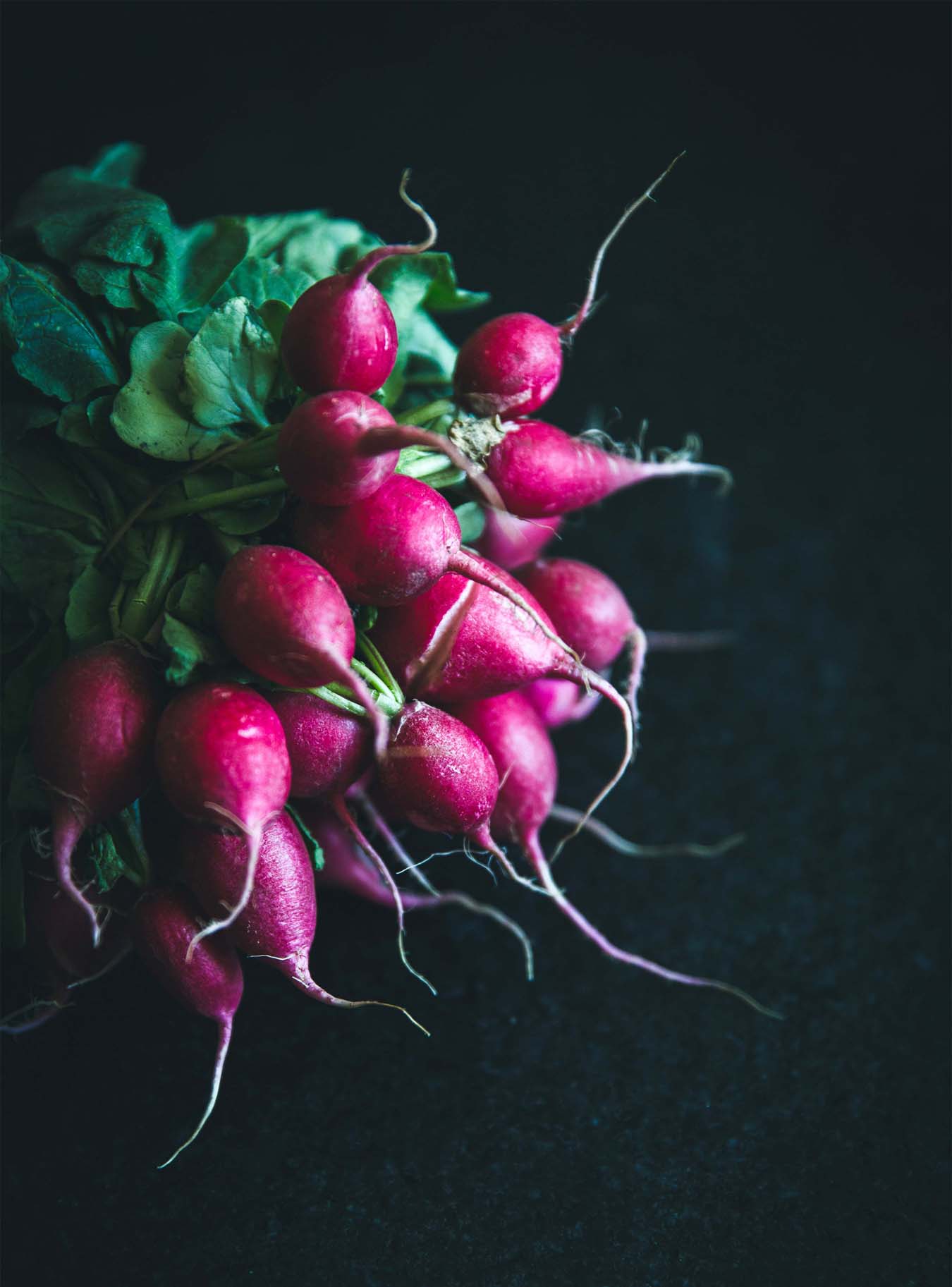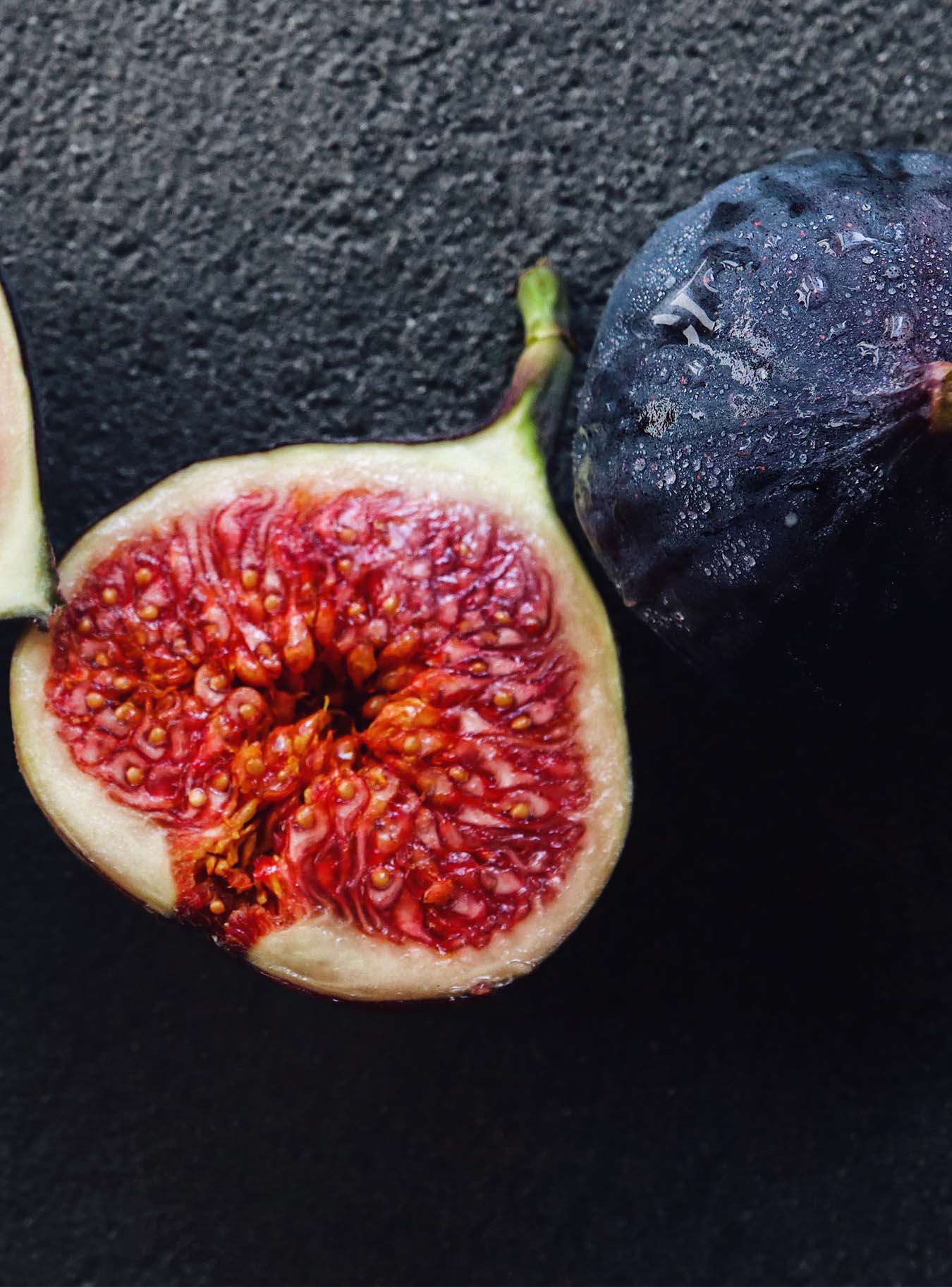
AYURVEDA – THE SCIENCE OF LIFE – AN INTRODUCTION
BY
I have always been interested in health, well-being and wellness and so I am constantly looking for new possibilities that could enhance my well-being or improve my health. Therefore I was looking for a long time for a more mindful and conscious way of living that could help me to find structure and relaxation in this fast-paced world.
When I first read about Ayurveda I was amazed to realise that it is more than just a wellness programme. At this time I had practised a lot of yoga and so I had a vague idea what Ayurveda is. Nevertheless, I was surprised about the precision and the variety of Ayurveda and its many positive impacts on the body and mind.
Ayurveda is a thousand of years old holistic teaching that gives us a good guidance how we can stay healthy, feel great and lead a fulfilled life. The main assumption of Ayurveda is that our body, mind and soul are connected and that we can create health and well-being by leading a conscious and mindful life in harmony with nature. Relatively new to the western world, as where its many wellness treatments stand in the foreground, there remains the question what Ayurveda exactly is and if we really understand it.
According to Ayurveda our lifestyle and the willingness to take over responsibility for our body and mind plays an important role in our well-being and our health. But how can we integrate this knowledge in our daily lives and lead a more peaceful and happier life?

AWARENESS
One thing that we often forget – due to our stressful lives, where we are always in motion and hardly find time to relax or meditate – is to listen to our bodies and understand its needs. To understand how our bodies, mind and emotions respond to the continuously changing world allows us to make conscious decisions that can help us to feel good and stay healthy. Only with awareness, we are able to understand what we need to find our balance and remain balanced even if we face stressful times.
So start getting in touch with yourself through meditation, breathing exercises, yoga or just a relaxing walk in nature. Be mindful and listen to your body and mind and try to understand what you really need for your inner balance.

DOSHAS – THE THREE BODY TYPES
One of the principles of Ayurveda are the so called doshas (the three body types) – VATA, PITTA and KAPHA. The knowledge of the doshas can help us to understand ourselves and the world around us better. Each of the doshas is aligned with elements and has a certain function in our bodies.
In each of us all three doshas exist, but in most cases one or two predominate. The predominant dosha is shown by our physical body type, our talents and weaknesses and our ways of behaving and our ways of living. If we are able to balance our doshas and be aware of our body and mind's needs, we will feel alive, vibrant and lead a happy life.
Once you are aware of your dosha you will soon understand better which food nourishes your body the best way and which circumstances and behaving either balance or offset you.
To understand which dosha is predominant in your body, you can find here a short dosha-test that is based on Dr. John Douillard and a short description about the characteristics of each dosha in the following.

VATA – AIR AND ETHER
VATA stands for motion in the body and so it controls amongst other things the muscle functions, breathing and blood circulation. The aligned seasons for VATA are autumn and early winter. Persons with a VATA constitution have a slim body type, dark hair, dry skin and darting eyes. Their thirst and appetite is quite irregular, they love to snack during the day and love hot drinks. Their sleep is light and interrupted and they often have problems falling asleep at night. Because of their cold properties VATA-types are always looking for warmth and don't like cold climates.
VATAS like daydreaming, changes and dislike stagnation. They love to be in motion, can't sit around doing nothing for a long period of time and dislike routines. They learn quickly but forget what they have learned fast as well. In life VATAS are undecided, their mood and thoughts are very flexible and their opinion can change in no time. VATA persons speak fast and are always full of new ideas that they want to share with others. If VATA is out of balance nervousness, fearfulness and restless can appear.
Balanced VATA-personalities on the contrary are blessed with a quick mind, flexibility, creativity and an artistic streak.

PITTA – FIRE AND WATER
PITTA rules the metabolism in our bodies and is aligned to late spring and summer. Persons with a PITTA constitution have a medium frame, seldom gain or lose much weight and have a strong appetite and thirst. They have bright eyes, their hair is often red or blonde with a tendency to premature greying and hair loss. Their eyes can be grey, green or copper-brown.
In everyday life PITTAS have great learning, understanding and concentrating abilities. They are focused, ambitious and disciplined. Their passionate nature makes them good leaders and talented organizers. All of their actions are carefully planned and designed for success. They have strong principles that can sometimes lead to fanaticism.
Anger is something familiar to PITTA-types. Especially if they are stressed they can lose their patience quickly. Also the feeling to lose control over a certain situation, the feeling to be controlled or hard physical or psychical work can easily lead to an imbalance. Their high efficiency at work and their intensity how they do things can lead in regular times to exhaustion and burnout. If they are out of balance they can be judgmental, impatient, critical and perfectionistic.
In balance PITTA-personalities are passionate, perceptive and strong.

KAPHA – EARTH AND WATER
KAPHA provides all cells, tissues and organs of our body with nutrients, forms structures and is aligned to late winter and spring. KAPHA- types have a well-developed body, a thick skin and well developed muscles. Because of their tendency to accumulate, they tend to overweight. Their skin is soft, lustrous and oily and they have thick, dark, soft hair. KAPHA-types have a regular appetite, but due to their slow metabolism, they need a less intake of food. Their sleep is sound and prolonged and they have a strong immune system.
Because of their earthiness they tolerate more stress than the other dosha-types. If stress appears KAPHAS react with withdrawal, too much sleep and lethargy. KAPHA-types like routines and often have difficulties with changes. They are tolerant, calm, forgiving and loving. Good food, security and contact with other people are very important for them. Since they are very social and reliable persons they like to work in teams, but want to do their tasks in their speed and dislike being stressed. Because of their relaxed and slow way of behaving they are often a grounding force for VATAS and PITTAS and can bring peace and love in their surroundings. Out of balance KAPHAS tend to greed, attachment, possessiveness, inertia and depression.
In balance KAPHA-personalities are blessed with strength, endurance and stamina and lead a happy, healthy and peaceful life.

DIET
Beside the knowledge of the doshas our diet and the way how we eat has an important impact on our health and well-being as well. According to Ayurveda eating and breathing are the sources of our energy. Therefore, we should eat each meal with joy and in a pleasant atmosphere. Each meal should be cooked freshly and adapted to the predominant dosha. Ayurveda differentiates six distinct tastes – sweet, salty, sour, pungent, bitter and astringent – and each meal should contain all of them to nourish our body with all the needed nutrients.
Ayurveda is naturally linked with India and its aromatic and spicy cuisine – which consists of healthy fats and oils, fermented and pickled food, nutrient-dense vegetables, grains and proteins. Since seasonality and organic ingredients play an important role in this kind of food it can be easily integrated into the western diet as well.
So knowing your dosha and eating accordingly to it will make you benefit the most. Finding out what exactly works for your body best and being aware of what and how you eat is the best way to reach optimal health and feel energized.

DIGESTION
Ayurveda teaches that a good metabolism is the basis for well-being and health. Everything we consume during the day- nutrients, emotions, feelings or sensory information – has to be digested and will become part of our body. With good digestion our body can build healthy tissues, eliminate waste products and create ojas (life energies). The ojas play an important role in our well-being and health since they are the basis for clarity of perception, physical strength and immunity.
So eating according to your dosha is the best way to guarantee a good digestion and achieve ojas.

SLEEP AND RELEASE OF EMOTIONS
Additional to a healthy diet, Ayurveda sees a good sleep as essential for a good body-mind-balance. A prolonged sleep can lead to dullness and depression, a lack of sleep can weaken our immunity system or lead to irritability. Therefore, Ayurveda recommends a sleep duration between six and eight hours to feel relaxed and energized.
Also emotions have an important impact on our well-being and health. Anger, fear, anxiety, nervousness, jealousy, possessiveness and greed are common human emotions, that all of us know. Yet most people learn in their childhood not to express these negative emotions. As a result, we are often unable to express and let go of these natural feelings. Ayurveda teaches us that we have to release these negative emotions because otherwise they can harm our health.
We should therefore be fully aware of our emotions and feelings, watch them as they unfold from the beginning to the end, learn to understand under which conditions they appear and let them finally go. This is a good way how we can learn to control our emotions and thoughts and focus on the positive things in our lives.

CONNECTION WITH NATURE
We are all part of nature and should accept this fact, even if we are often far away and feel disconnected from her. Ayurveda gives us a good guideline that should never be seen as a rule and needs to be adapted to the personal living conditions and needs. It should be easy for us to allow these changes in our lifestyle and to live a more conscious life.
If we live in acceptance of our body's natural rhythm and adapt our lives to it – eat good food, sleep enough, feed our senses with good experiences and positive emotions and exercise regularly, we will not miss anything in our lives, will feel ourselves responsible for our health, feel reconnected with nature and feel ourselves happy and free.



